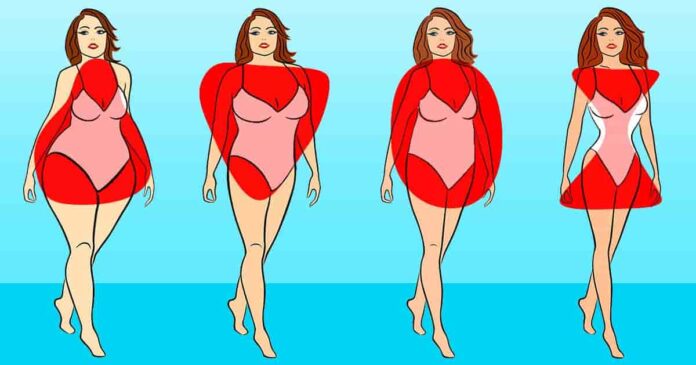
Mainly people today are most concerned about losing weight. Try varied fitness routines and diets—all it’s the rage right now. What is supposed to be true about these weight loss techniques, however, is not very real. It might not be enough to give up your favourite foods or drink a few sachets of tea.
We have a few clarifications that come from well-known weight loss experts. It’s time to put weight loss to rest.
15. Don’t restrict the variety, just increase it.

Who commanded you to stop eating your favourite foods? Maybe you agree that there should be fewer food selections on your plate. I have some good news for you. Put some additional food on that dish. Possibly some vegetables or nuts.
It will eventually lead to you giving in to the meals you’ve been yearning if you are forcing yourself to stop eating and depriving yourself of your favourite food. Avoid doing that. You may liberate yourself from “the diet crazies,” according to Rebecca Scritchfield, R.D.N., author of the book Body Kindness, “when you focus more on what you bring into your healthy eating patterns, like adding a side of veggies on pizza night, rather than taking away foods you love. You put an end to the incessant food-related thoughts and develop a healthier relationship with your body.
14. Watch your portions.
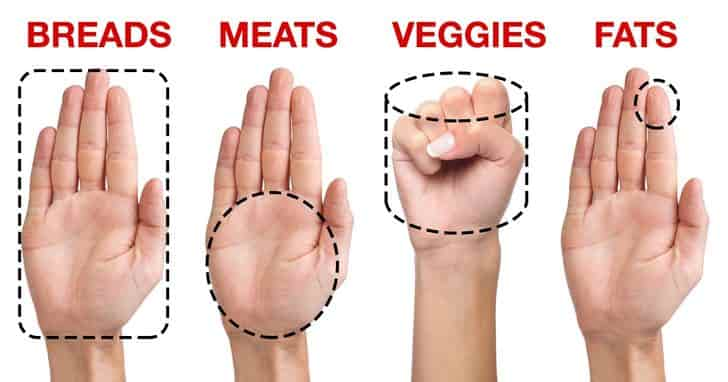
As a result, your dietician advises you to eat oatmeal. And you prepare it with a lot of butter with the intention of eating a second or third dish. The unfortunate truth is that you could have instead gobbled up a burger. Portion size, quality, and quantity are all crucial factors. According to the meals you’re eating, the above graphic serves as a rough estimate for portion sizes.
Serve yourself some fruit or some grilled vegetables to satisfy your appetite so that your impulse to eat more won’t ruin your diet plan. The Cornell University Food Lab also offers the advice to try to contrast the colour of your food with the colour of your plate because doing so will make you more aware of the amount of food you have.
13. “You” don’t change after losing weight.

You shed several pounds, and you can’t wait to show your buddies the comparison photos of the two. Next, you discuss which meal plan worked best, what you consumed, etc. We often fail to acknowledge and convey to others the dedication and work we put out in our attempts to reduce weight.
You have given so much of yourself to this cause. Whether you have those additional pounds or not, you remain the same person. laud your resolve rather than your weight. It is possible to take good care of your body at whatever size, as Scritchfield so eloquently put it.
12. Sleep is not to be ignored.

Don’t sacrifice those necessary hours of sleep to spend an additional hour at the gym. Less than 7 to 9 hours of sleep every night causes the satiety hormone leptin to decline and the hunger hormone ghrelin to increase, according to Dr Caroline Apovian. Additionally, lack of sleep impairs impulse control, making it less likely that you will follow a healthy diet and sensible portion control the next day.
She continued, “Getting less sleep than necessary also raises cortisol levels, which causes the body to overeat to recharge after battling a stressor.”
11. You are not dieting to look good, but to feel good.

A healthy diet truly transforms your lifestyle, not just how you appear. Most of the time, when someone diet, they believe they will lose weight, but in reality, they actually undergo a completely healthy change.
Losing weight is about more than the number on the scale, says Chanté Wiegand, ND, Naturopathic Doctor and Director of Education at The Synergy Company. Fad diets may encourage rapid weight loss, but benefits are usually transient and may cause even greater weight gain if you return to your regular eating habits. You must adjust your entire lifestyle, including what you eat, how you prepare it, and how frequently you exercise if you want to lose weight permanently.
10. Are you tracking the calories?
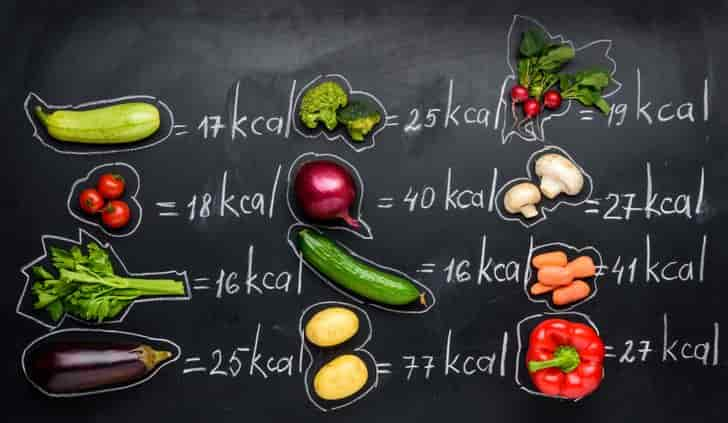
Now that you’ve started a diet, you could discover that you frequently find yourself carefully inspecting that dish before eating. It’s because you’ve started keeping track of the calories you consume.
Instead of analysing every gramme, you eat, try tracking your calorie consumption, as Sanfilippo suggests. Actually, keeping track of calories is quite crucial. This makes it easier for you to reach your goal faster because you are fully aware of what and how much you are eating.
9. Don’t follow the herd, choose your diet wisely.
Embed from Getty ImagesNowadays, numerous diets, like keto, vegan, paleo, low-fat, etc., are becoming more and more popular. We are erring, however, in thinking that what has worked for others will also work for us. Don’t just start a diet because a friend said it worked. Examine your own body first.
Dr Wiegand clarified: “What works for one person may make someone else ill or may just not work.”
8. Snacking is not as bad as you may think.

You can be somewhat mistaken if you believe that eating between meals or as a snack can alter your tight diet plan. When hunger strikes, eat a healthy snack to stave off overeating at mealtimes. Any protein-rich food will not only help you feel more satisfied but will also keep your cravings under control.
I advise eating low-sugar granola bars, yoghurt, cheese sticks, almonds, seeds, fruit, and yoghurt, says Fisher.
7. Eat when you’re hungry rather than when you’re feeling like it.

Many times, we are unable to recognise that we are not genuinely hungry but instead are rather experiencing a mood change, which increases the temptation to eat, behind our hunger symptoms. For instance, you might feel like eating alone when you’re bored, angry, or upset. Always, a good dietitian will advise against doing this.
Determine whether or not you are genuinely hungry. You are not hungry if you can’t see yourself munching on a carrot stick. While it’s undoubtedly easier said than done, try to pause and consider whether you are physically hungry before consuming your first meal, as a dietitian and nutritionist Ruth Frechman emphasises.
6. Don’t be too hard on yourself.
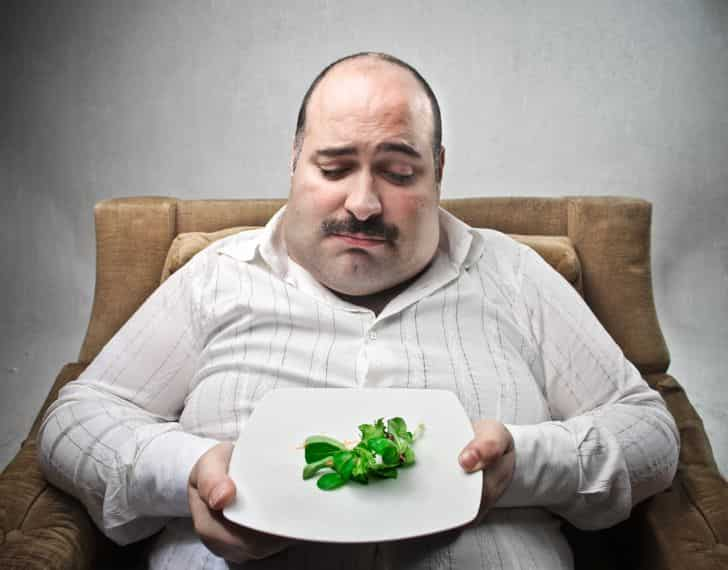
You might believe that having a longing for a particular cuisine is your downfall and that you simply cannot give in. According to recent studies, cravings are fairly natural and vary in strength from person to person.
We now know when people are most susceptible to cravings (early evening), as further indicated by Frank Greenway, MD, Chief Medical Officer of the Pennington Biomedical Research Center in Baton Rouge, Louisiana, “and which age groups crave more” (young females crave more than older males, and younger female dieters crave more than older male dieters). You can better control your urges by being aware of your specific “risk factors.”
5. Liposuction is not the solution.
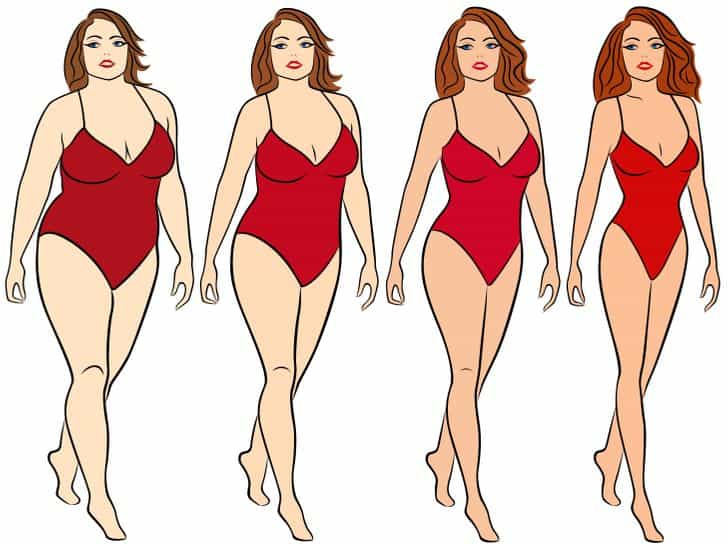
Nowadays, many people choose to undergo weight loss surgery. They believe that exercising or following a strict diet will instantaneously alter them. Not only must you lose a particular amount of weight before surgery, but you also need to maintain your weight loss thereafter.
According to board-certified plastic surgeon Joshua D. Zuckerman of New York City, liposuction can remove up to a few pounds from the waist during surgery, but it is a tool for sculpting, not for weight loss.
4. Not all fats are making you fat.
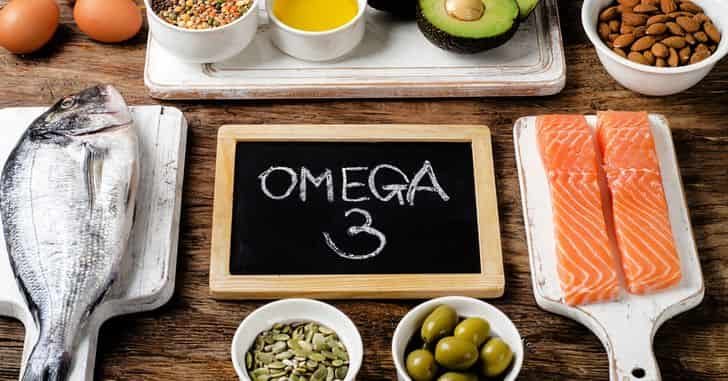
In general, we steer clear of eating fatty foods like avocados, nuts, and dairy products because we believe they will make us gain weight. Although it is evident that foods include lipids, they are necessary fats that support rather than hinder weight loss.
Fat is metabolised more slowly than carbohydrates and protein and will also aid in promoting fullness, according to Eliza Savage, MS, a licenced dietitian nutritionist at Middleberg Nutrition in NYC. Nuts, seeds, and plant-based lipids all help people lose weight rather than making it more difficult.
3. Pay attention to the medications you are taking.

You might find it hard to believe, but some medications might also be to blame for your weight gain. Your allergy medications, for instance, might be a factor. It’s actually preferable to utilise sprays and ointments whenever possible rather than unneeded medication.
Some common over-the-counter drugs can hinder weight reduction, according to Chandler Park, MD, founder of CancerVisit.com at the University of Kentucky College of Medicine. Antihistamine usage should be limited for those trying to reduce weight, I advise.
2. Fast weight loss is not actually fat loss.
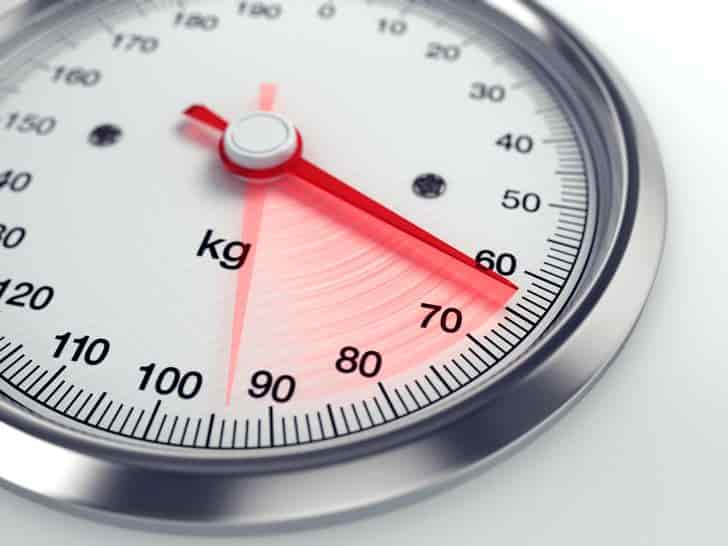
Your friend shed a tonne of weight, and it happened relatively immediately rather than over the course of months! You begin to feel bitter about their accomplishment.
But allow us to provide you with a glimpse of reality through the words of Rachel Goodman, RD, CDN, the founder of Rachel Good Nutrition. Fast weight loss—like 10 pounds in two weeks—caused by extreme dietary restrictions, juice fasts, or fully giving up carbohydrates is primarily the result of a loss of water weight and lean muscle mass, which can be dangerous. This weight reduction is rarely long-lasting, is frequently quickly regained, and causes a cycle of yo-yo dieting that disrupts your metabolism. You need a meal plan that incorporates foods from all the food groups while not being unduly restrictive in order to fuel your body effectively so that you may lose the actual pounds you want to shed and keep off—pounds of fat.
1. Fiber can help you lose weight quicker.

Nearly all dietician clinics commend a diet high in fibre. People now think that consuming fibre as part of a healthy diet will help them lose weight more quickly. But this is only partially true.
Dietician Brooke Zigler says that drinking water regularly will help reduce bloating when the fibre is added to your diet. Additionally recommended is eating protein with fibre because it increases satiety.
Losing weight is something you should do for yourself, not display to others. Similar to fashion, weight loss is tailored to the individual rather than following a trend. Do you have any more advice for folks wanting to reduce weight? You can leave them in the section below for comments.
Preview photo credit Depositphotos.com



